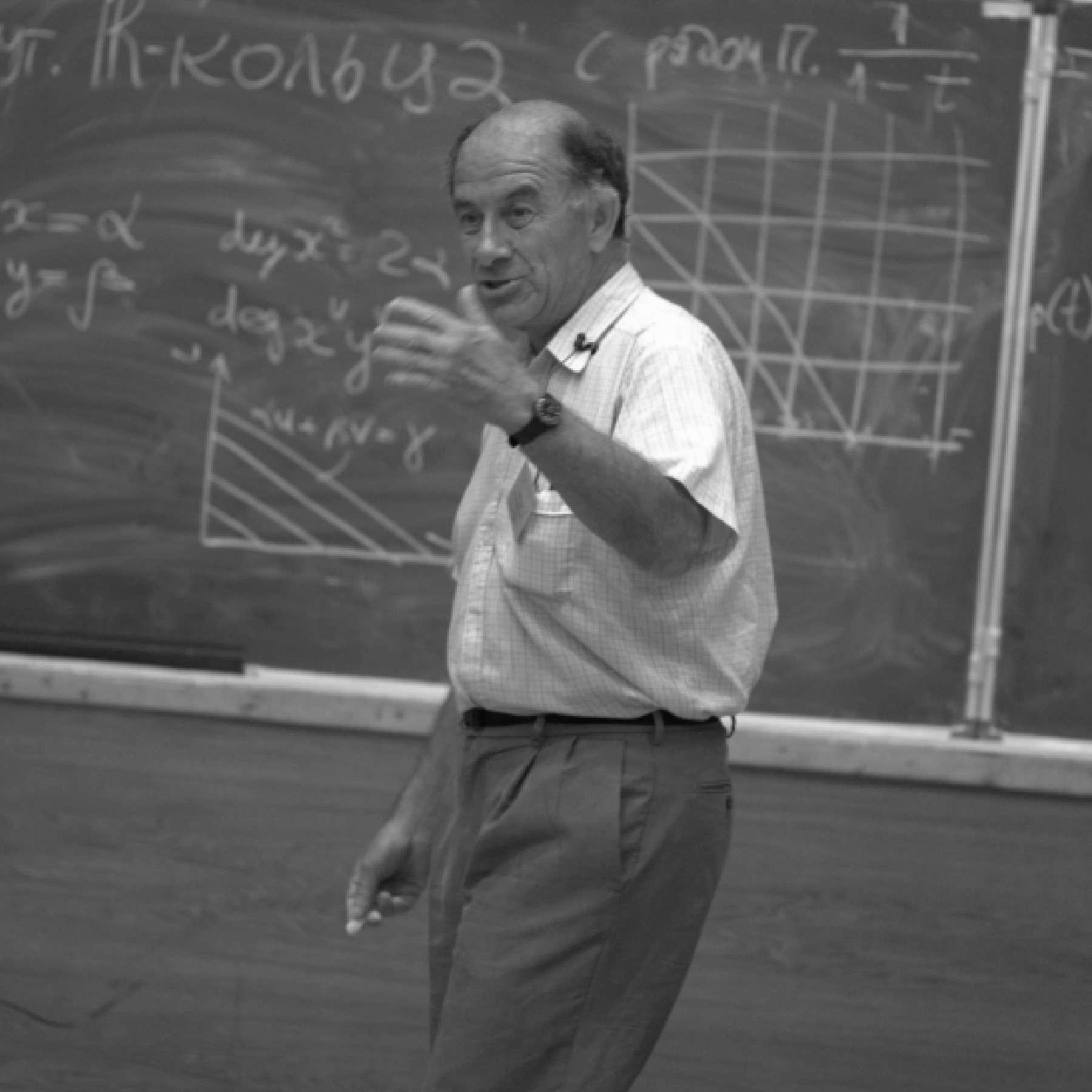Let’s support Russian scientists—at the expense of Russian science
THE DAILY TELEGRAPH, 13 May 2022
History suggests our new posts for physicists and mathematicians from Russia, Ukraine and Belarus will have an enduring impact on UK science.
In the 1930s, thousands of scientists lost their jobs in Germany merely for being Jewish or opposing the Nazi regime. For Germany, however, this proved a spectacular own goal.
Adolf Hitler declared that he would rid universities of Jews even if it meant “the annihilation of contemporary German science”. As it turned out, this was what it did mean. One measure of a scientist’s worth is how often he is cited by other scientists. The 15% of physicists who got sacked were Germany’s best, accounting for 64% of citations in the country.
Germany’s loss was our gain. In 1933, William Beveridge set up the Academic Assistance Council, whose aim was to provide accomodation and work for refugee scientists. Among the 38 prominent German physicists who came to Britain thanks to the efforts of the Council were giants such as Hans Bethe and Max Born, who both went on to earn Nobel prizes.
Now science is again under threat, not only in war-torn Ukraine, but also in Russia and its ally Belarus. Scientists rarely do their best work in countries that stifle dissent. In Russia, academics opposing the war in Ukraine have been threatened. The website for the science newspaper Troitsky Variant, which published a letter expressing this opposition, was blocked.
This is why the London Institute for Mathematical Sciences, where I work, is announcing five major new posts for mathematicians and theoretical physicists from Russia, Belarus and Ukraine. The three-year Arnold Fellowships, which open for applications today, are created in the same libertarian spirit that informed the work of the Academic Assistance Council.
The Council’s first president was Ernest Rutherford, and it counted William Henry Bragg among its founder members—at a time when both were also professors at the Royal Institution in Mayfair. This historic building is where the London Institute is now based.
What this means is our Arnold Fellows will work under the same roof that sheltered refugee scientists in the 1930s and after. At least four German scientists worked at the Royal Institution in that decade. The Austrian-born Max Perutz, who received support from the Council, later became a professor at the Royal Institution, and went on to win a Nobel Prize.
We have named our Fellowships after Vladimir Arnold (above), a Ukrainian-born Russian scientist who embodies Russia’s tradition of mathematical greatness. Arnold rose to prominence aged 19 when he solved the 13th in David Hilbert’s famous list of mathematical problems. He went on to make major contributions in algebra, geometry, topology, mechanics and more. The only reason he didn’t get the Fields Medal, the highest honour in mathematics, was by his own account because he annoyed the Soviet authorities, who blocked his nomination.
Some of the best mathematicians and physicists who fled Germany would play a key role in the Manhattan Project. This was what Hitler failed to foresee. His fascist policies of the 1930s led to victory for the Allies a decade later.
Several of those scientists, including Kurt Godel, Herman Weyl and Albert Einstein, found a home at the Institute for Advanced Study in Princeton, which was set up to be a place where the best brains could dedicate themselves to research. The UK’s only independent institute for physics and mathematics, the London Institute was founded a decade ago on similar principles. Like the IAS, it has been able to move faster than universities to create opportunities for scientists from abroad in a time of crisis. Our new Fellowships aren’t the only opportunities of their kind on offer, but thanks to the generosity of our donors, they are the most substantial.
The UK Science Minister George Freeman has offered support to Ukrainian researchers, while insisting it would be wrong “to sanction individual Russian scientists”. Our posts deliver the best of both worlds. They support Russian scientists, at the expense of Russian science.
In October 1933, Einstein was the guest speaker at an event organised at the Royal Albert Hall by the Academic Assistance Council. Without liberty, he declared, there “would have been no Shakespeare, no Goethe, no Newton, no Faraday”. It was, of course, here at the Royal Institution that Faraday discovered one of the four fundamental forces in physics.
The Arnold Fellowships will speed up our discoveries in physics and mathematics, while helping to safeguard the intellectual liberty that is a precondition of making them.
Dr Thomas Fink is the Director of the London Institute for Mathematical Sciences.















